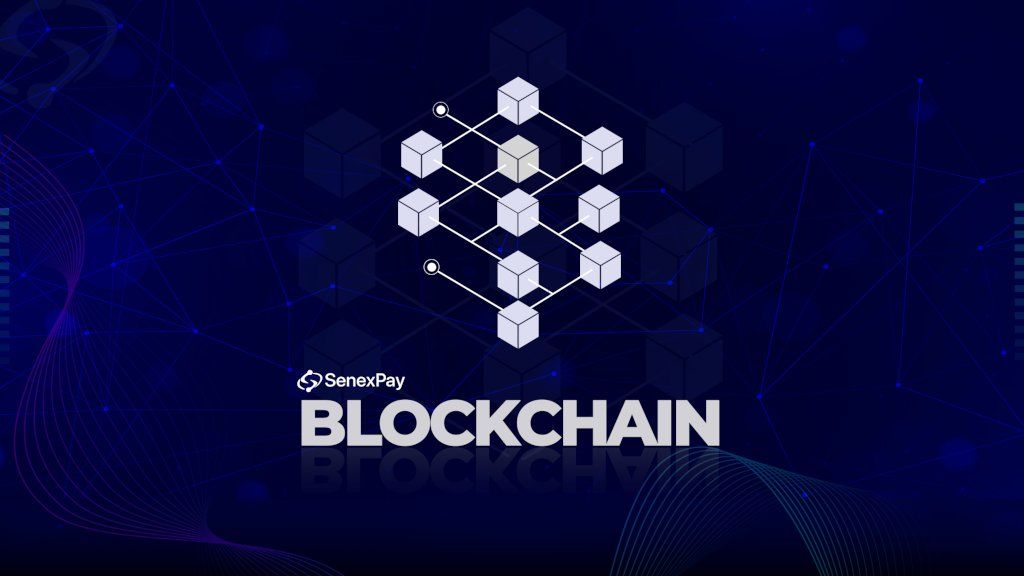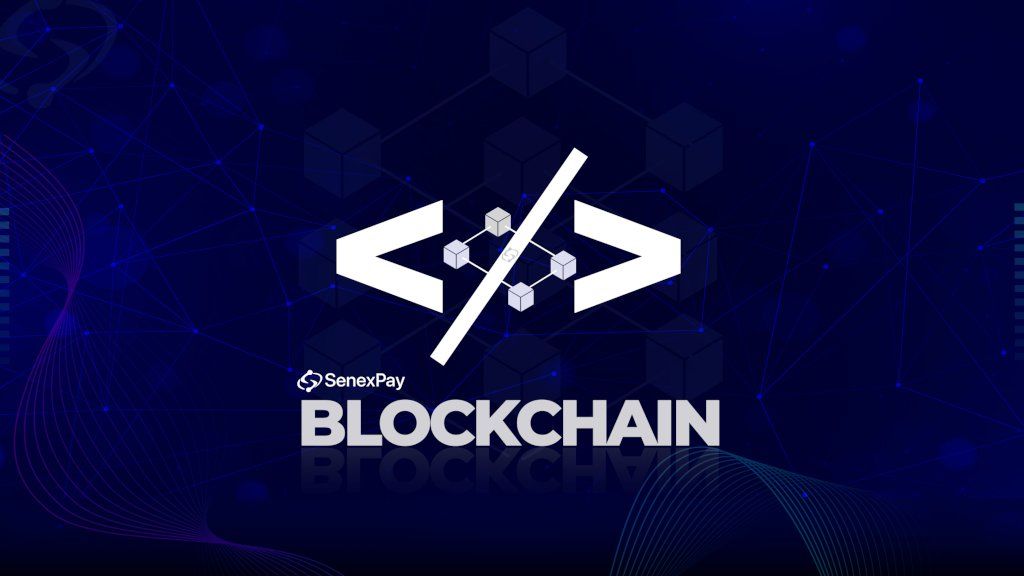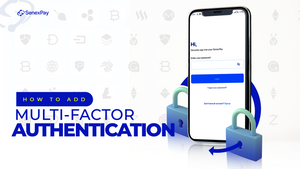Ever heard of Bitcoin or NFTs and wondered what all the buzz is about? These and other exciting innovations are powered by a technology called blockchain. But how does blockchain work, and more importantly, how does it actually impact everyday users like you and me?
Imagine a giant, public ledger recording every transaction ever made. This ledger is constantly growing, and everyone can see it, but no one can tamper with it. That's essentially the core principle of blockchain: a secure, transparent, and decentralized record-keeping system.
Here's a breakdown of how blockchain works in a way that's relevant to us:
1. The Building Blocks: Blocks and Transactions:
- Think of blocks as the pages in our giant ledger. Each block holds a collection of transactions, which can represent anything from financial transfers (like buying cryptocurrency) to ownership records (like owning a digital artwork).
- Each transaction includes details like who sent it, who received it, and the amount or data involved.
2. Chain Reaction: Linking the Blocks:
- These blocks are chained together chronologically, with each new block referencing the one before it. This creates a secure chain, making it nearly impossible to alter past records without affecting the entire chain.
3. Cryptographic Magic: Securing the Network:
- Each block is secured using cryptography. Imagine a unique code that locks the information in the block. This code is called a hash, and it's generated based on the block's content and the previous block's hash. Any change to the block's content would result in a completely different hash, making it evident that tampering has occurred.
4. Distributed Power: The Network of Computers:
- Unlike traditional databases, blockchain is not controlled by a single entity. Instead, it's maintained by a distributed network of computers around the world. These computers, called nodes, work together to verify and validate transactions before adding them to the chain. This decentralized nature makes it highly resistant to fraud and censorship.
So, how does this all impact you?
Blockchain has the potential to revolutionize various aspects of our lives, including:
- Secure and transparent online transactions: Imagine transferring money internationally without relying on banks. Blockchain can potentially offer faster, cheaper, and more secure transactions.
- Enhanced record keeping: From tracking medical records to ensuring the authenticity of products, blockchain can provide a secure and reliable way to store and share information.
- Empowering individuals: By giving individuals more control over their data and assets, blockchain can potentially create a more equitable and transparent ecosystem.
While still in its early stages, blockchain holds immense potential to transform various industries and empower individuals. As this technology continues to evolve, understanding its core principles will be crucial for navigating the future digital world.
NB: The inherent value proposition of blockchain remains undeniable. As we continue to explore its capabilities and address existing challenges, blockchain has the potential to transform various aspects of our lives and create a more secure, transparent, and efficient future.









